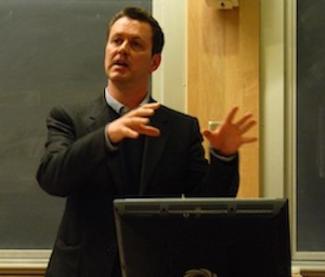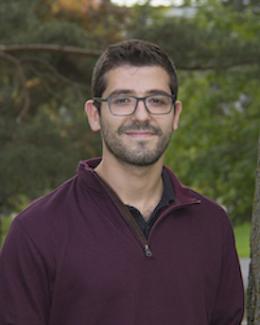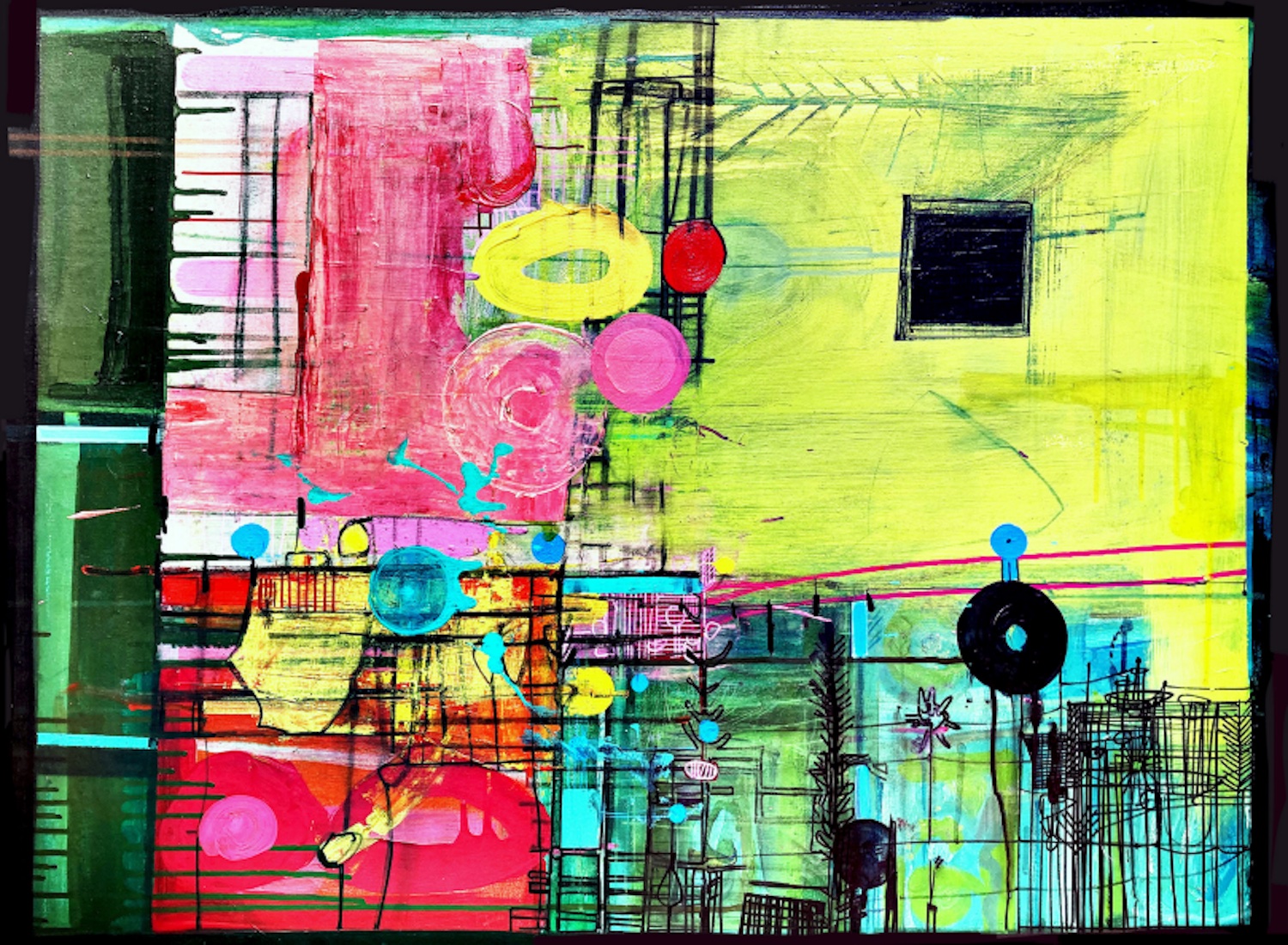As part of The Royal Society of Canada’s (RSC) Task Force on COVID-19, the Working Group on Language and Literacy has developed 16 recommendations for caregivers, educators, researchers and policymakers for supporting the language and literacy development for our population in response to, and through the recovery from, COVID-19.
Dr. Janet F. Werker, Language Sciences Institute Co-Director and Canada Research Chair in Psychology, chaired the Working Group where she, along with the 18 other members of the Working Group including several UBC Faculty, Postdoctoral Fellows and Affiliate Language Sciences members, authored 17 articles exploring the challenges to language and literacy brought on by COVID-19 in Canada.
The articles were originally published as a series of opinion pieces in the Globe and Mail and are now available in the RSC Report, published in both English and French.

Dr. Mark Turin, Associate Professor in the Institute for Critical Indigenous Studies and the Department of Anthropology at UBC and member of the Working Group, explained that outside of contributing to an article titled, “The Unequal Effects of COVID-19 on Multilingual Immigrant Communities,” he focused on working closely with UBC Postdoctoral Fellows, Dr. Haykaz Mangardich and Dr. Adriel John Orena, in relation to information flow and knowledge translation, as well as supporting other contributors to embrace the challenge of writing for an audience they may not have written for before: the general public.
“In academia, we are so used to speaking with specialists that it’s quite easy to forget that not everyone comes to these questions with the same training or perspective,” said Turin. "From my side, I was particularly excited to explore questions around heritage languages and support positive attitudes towards bilingualism and multilingualism which I hope resonate with people. The fact that the report was released in two languages is very welcome.”

Dr. Haykaz Mangardich was one of two Postdoctoral Fellows who worked on the editing team that brought the full report together. His research at UBC investigates how infants learn new words and, in particular, the brain neural systems that may support learning from others in social interaction.
Mangardich, who was a contributor to an article titled, “Beneficial Ways to Use Child Screen Time During the Pandemic and Beyond,” explained that the pandemic has increased our reliance on digital tools in almost every aspect of our lives, and that while in-person interactions are ideal for language learning and social development, there are some beneficial ways that children can use digital screens to support this type of learning.
“One factor that seems to play an important role in using screen time to support language learning is social contingency, or the ability for children and caregivers to communicate with each other using immediate back-and-forth responses while in a social interaction.”
Mangardich also shared that responsive interactions with loved ones through various digital forms of video chat can be a good opportunity for toddlers to practice their social skills with loved ones.
“Beyond helping with language learning, research has shown that toddlers can and do engage in rich, interpersonal exchanges during video chats,” said Mangardich. “Young children can meaningfully share attention with loved ones on the other side of computer screens. This kind of evidence suggests that toddlers understand that they are connecting in a real-time interaction with loved ones, even though the other person is not physically present.”
To learn more about the Task Force on COVID-19 and to read the full report, visit the RSC website.
Written by Kelsea Franzke
